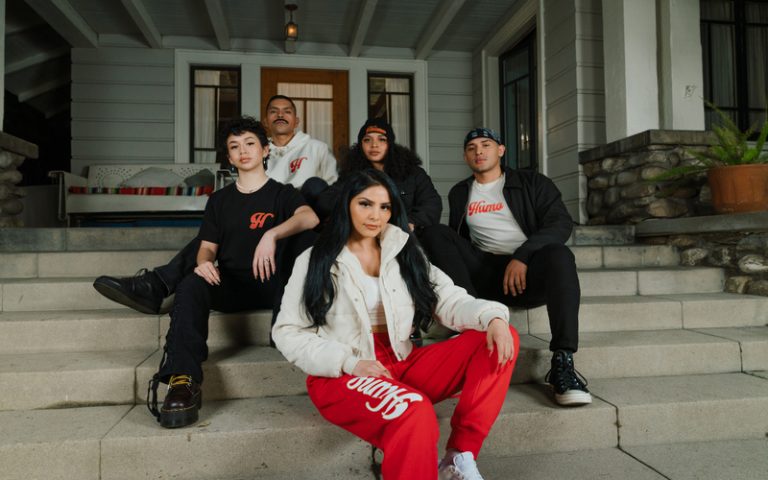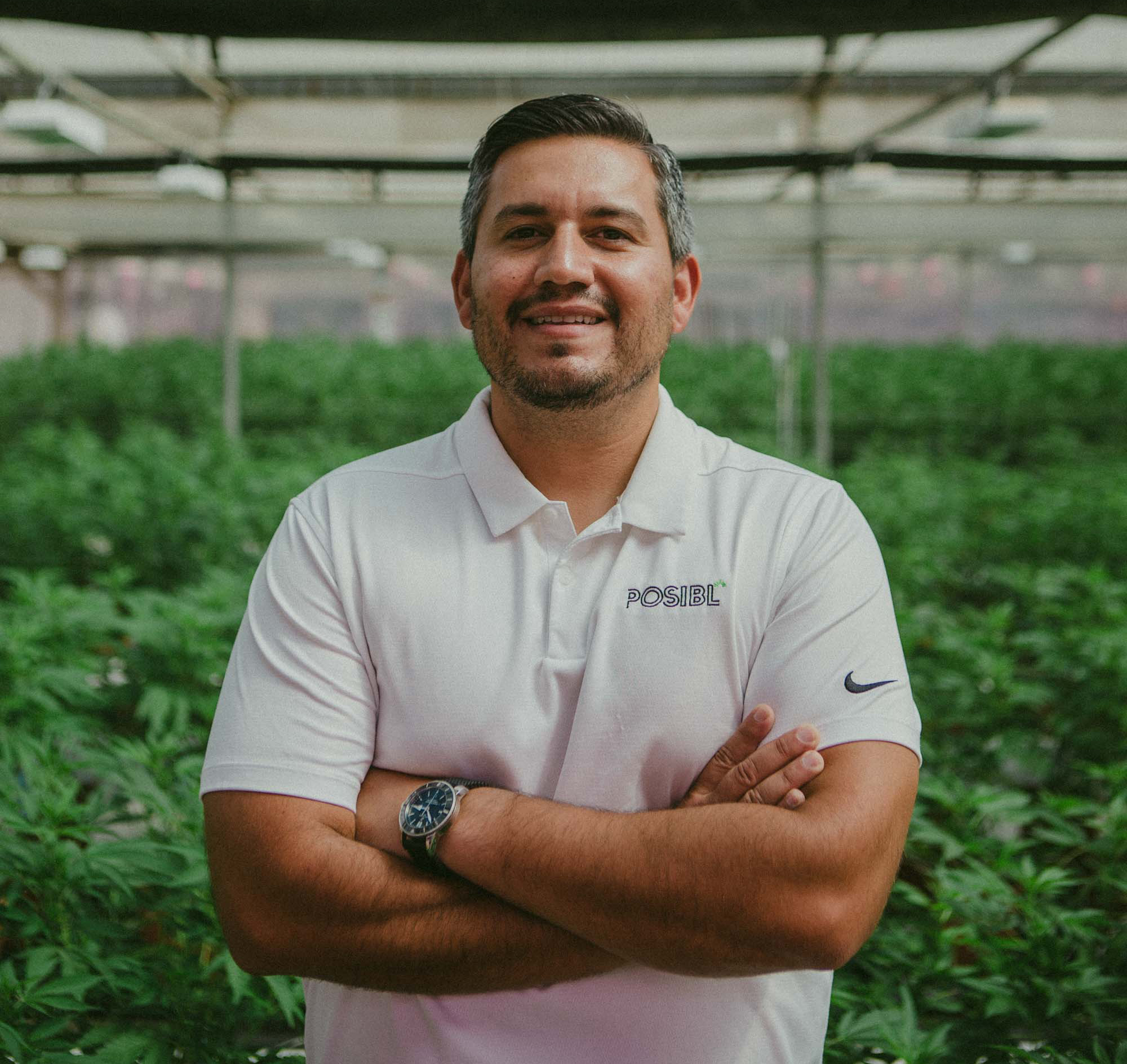
[ad_1]
Making an impact in this industry can be tough. It’s lucrative, competitive, and largely dominated by white men. MJBizDaily’s Diversity, Equity, and Inclusion in the Cannabis Industry report found women held just 23.1% of executive positions in 2022. This inequity persists despite the fact that most women-led Fortune 500 companies are typically more profitable than those run by men, according to recent research from Frank Recruitment Group.
Racial minorities in 2022 made up only 12.1% of executive cannabis positions. That knowledge shouldn’t be a deterrent for women or BIPOC entrepreneurs, though. There’s money to be made and the industry desperately needs unique insights and products from underrepresented groups.
To touch on this topic and learn more about the journey of Latina women in the cannabis sector, Cannabis & Tech Today spoke with Susie Plascencia, brand partner for the Mexican-American-owned and woman-led cannabis company Humo.
The name, Spanish for smoke, is a nod to the company’s heritage. Its parent company, POSIBL, specializes in sustainably grown greenhouse cultivars from Salinas, California.
CEO Jesús Burrola noted in a statement, “Latinos are driving so much of today’s economic growth, especially in one of the country’s fastest-growing industries — cannabis.”
Stepping Into Truth
Plascencia found her way into the cannabis industry in 2020 after living what she called, “a double life.” During her college years at the University of Southern California, she smoked copious quantities of cannabis in her off hours but represented herself outwardly as strictly studious and straight-laced.
She code-switched between two worlds, portraying her academic side in public while privately indulging in her love of cannabis. It wasn’t until she joined the cannabis industry that she felt she could be herself among her peers.
“I was able to connect with so many like-minded individuals, people that were high-functioning, pun intended, corporate individuals who still enjoyed cannabis,” Plascencia shared.

She said working in the space allowed her to “be more truthful” with herself, especially as a Latina facing racist assumptions about her educational background. She felt cannabis amplified biased beliefs about her lifestyle.
“There is a lot of guilt associated with smoking cannabis, and wanting to hide it, until I stopped that around 2019 and started being more of a cannabis advocate. When I stepped into my truth is when a lot more opportunities began to open up both professionally and personally,” she added.
Representation and Advocacy
It was at this point she found her opportunity with Humo. Parent company POSIBL heard about Plascencia’s advocacy for the Latina cannabis community and discovered she had already built a successful company, Mota Glass.
POSIBL approached her about a position in brand management for its new line, Humo. Plascencia said she saw a lack of representation of the Latino community and wanted Humo to reflect the demographics of Los Angeles. More so, she wanted the brand to act as a beacon of opportunity for underrepresented groups.
“As somebody who had worked in the industry for many years, not being represented trickles down into the opportunities we receive in the career world as women, as Latinas,” Plascencia shared.
She worked as a budtender in her early 20s and felt a lack of mentorship kept her from seriously considering a career in the industry. “I know that by creating that representation through branding and brand representation, we would be able to also impact the careers of many women like me,” she added.
She told Cannabis & Tech Today she sees budtending as the first step in a potential career. “I look at budtenders now, and I think that it is absolutely a track towards owning a brand one day, becoming an executive, having a full sustainable career in cannabis, a strong career that your parents can be proud of.”
To bolster this idea, Plascencia started working with organizations like Latinas in Cannabis to offer resources and networking opportunities to Latinas in the industry.
Plascencia even created a holiday, National Latinas in Cannabis Day, which takes place on Sept. 30, during Latino Heritage Month. Her advocacy for Latinas is just one part of her community engagement.
Plascencia and Humo aligned with the Social Impact Center of Los Angeles to provide education about the damage to the Latino community from the war on drugs. The organization also offers expungement clinics to help people clear their records and find meaningful employment.
Sustainable Growth
Through Plascencia’s leadership, Humo also coordinates clothing and toy drives for Salinas farm workers. It’s her, “act local, think global,” mentality that is building a foundation for the brand. Plascencia hopes it will serve as a jumping-off point for a national presence.
Until then, Humo is focused on representing small-scale craft growers in addition to its large-scale offerings. With its Reserva De La Familia line of flower, Humo is highlighting premium genetics that are best grown in small batches. “It’s rooted in the respect of the art of growing cannabis,” Plascencia noted.

Humo’s parent company POSIBL grows its plants in greenhouses, using the full spectrum of the sun combined with advanced lighting technology to offer sustainably grown products to the California marketplace. Plascencia said it’s this approach that creates Humo’s terp-forward cultivars.
Looking ahead, Plascencia sees the cannabis space continuing to evolve and change. “The future of cannabis is female,” she noted with confidence. She feels passionate entrepreneurs are the most likely to survive California’s turbulent cannabis ecosystem. “All the folks that were in it for the wrong reasons are going to be flocking to other industries and those who are left are the real ones, the ones who put in blood, sweat, and tears.”
This article first appeared in Volume 5 Issue 1 of Cannabis & Tech Today. Read the full issue here. Header image courtesy of Enkrypt Los Angeles.
[ad_2]
Source link